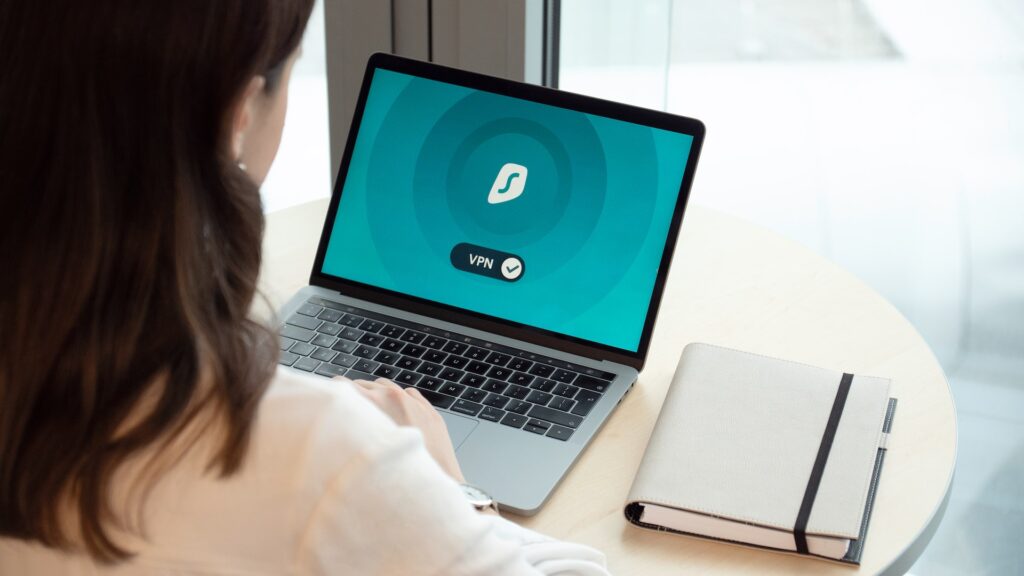In today’s digital age, online privacy and security have become two significant concerns for individuals and businesses alike. With the increasing frequency of data breaches and cyber threats, it is crucial to have an effective solution to protect sensitive information. This is where Virtual Private Networks (VPNs) come into play.
A VPN is a technology that establishes a secure and encrypted connection between your device and the internet. It creates a virtual tunnel, encrypting all the traffic that passes through it, thereby ensuring that your data remains confidential and secure from any potential eavesdroppers or hackers. By hiding your IP address and encrypting your internet traffic, a VPN adds an extra layer of protection to your online activities.
One of the primary benefits of using a VPN is enhanced online privacy. By connecting to a VPN server, your web traffic appears as if it is originating from the server’s location rather than your actual location, making it difficult for websites, internet service providers, or government agencies to track your online activities. This is particularly important when accessing public Wi-Fi networks where your personal information can easily be intercepted.
Moreover, a VPN allows you to bypass geographic restrictions and access content that may be blocked in your location. By connecting to a VPN server in a different country, you can circumvent censorship and enjoy unrestricted access to your favorite websites, streaming platforms, or online services.
Businesses can also benefit from using VPNs, especially when it comes to securing remote connections. With the rise of remote work, employees often need to access company resources and files from unsecured networks. By utilizing a VPN, businesses can ensure that their sensitive corporate data remains protected even when accessed from remote locations.
To fully leverage the benefits of a VPN, it is imperative to choose a reliable VPN service provider. Look for providers that offer a wide range of server locations, fast connection speeds, and robust encryption protocols. Additionally, consider VPNs that have a strict no-logs policy to further enhance your privacy.
In conclusion, Virtual Private Networks (VPNs) are invaluable tools for safeguarding your online privacy and enhancing your security. By using a VPN, you can enjoy anonymous browsing, protect your sensitive data from cyber threats, and access restricted content. Take control of your online presence today by investing in a trustworthy VPN service.
Category: Technology

